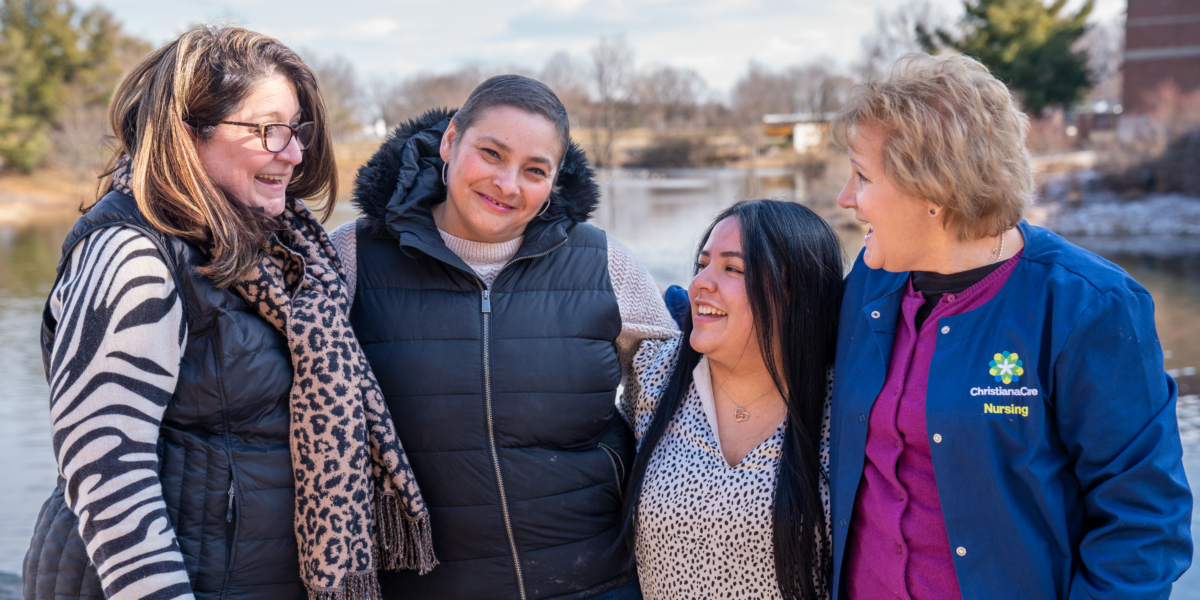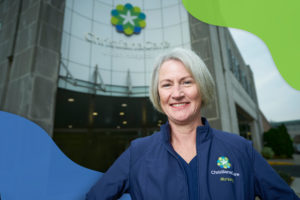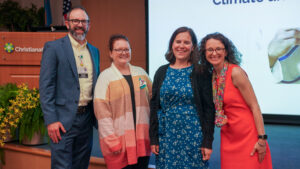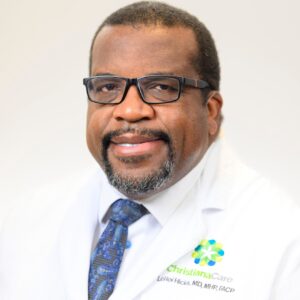Until now, breast cancer wasn’t something Landy Prieto Mora thought much about. After all, at 40 years old she was still young and breast cancer screening was for older women. Right?
Not always. After finding a lump in her right breast, she was diagnosed with advanced triple negative breast cancer (TNBC), an aggressive form of breast cancer that is difficult to treat.
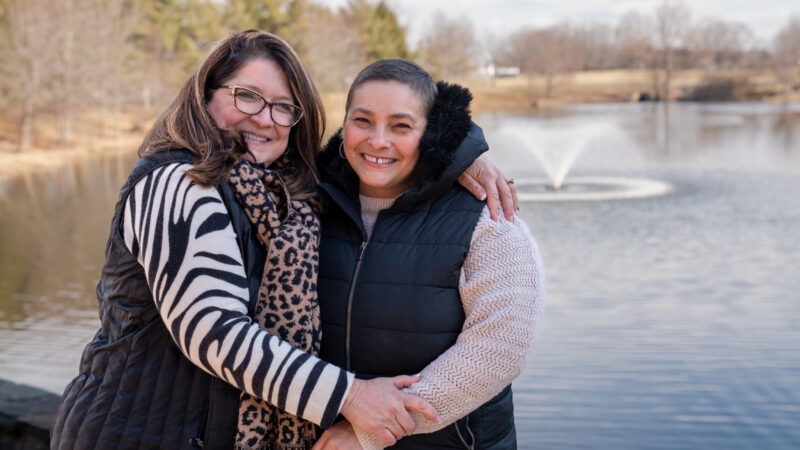
“Before I was diagnosed, I knew nothing about triple negative breast cancer,” Mora said, speaking through ChristianaCare Spanish interpreter Laura Hernandez Vergara.
“I thought I was living healthy, and I had no family history of the disease. I know better now.”
Schedule a quick, comfortable mammogram at ChristianaCare by calling 877-838-3088
What Mora didn’t know was that TNBC accounts for 15% to 20% of all newly diagnosed breast cancer cases in the United States and that Delaware women are among those at highest risk for this disease.
While African American women are three times more likely than white women to receive a diagnosis of TNBC, some studies show that Hispanic/Latinx women like Mora are also at higher risk. In this group, TNBC is often diagnosed among younger women — some 11 years earlier than in non-Hispanic white women, and at an advanced stage.
ChristianaCare’s Community Outreach and Education program, at the Helen F. Graham Cancer Center & Research Institute, is making a special effort — in part thanks to a philanthropic grant received last year from Hologic — to reach women like Mora who may not be aware of their risks for TNBC and other cancers.
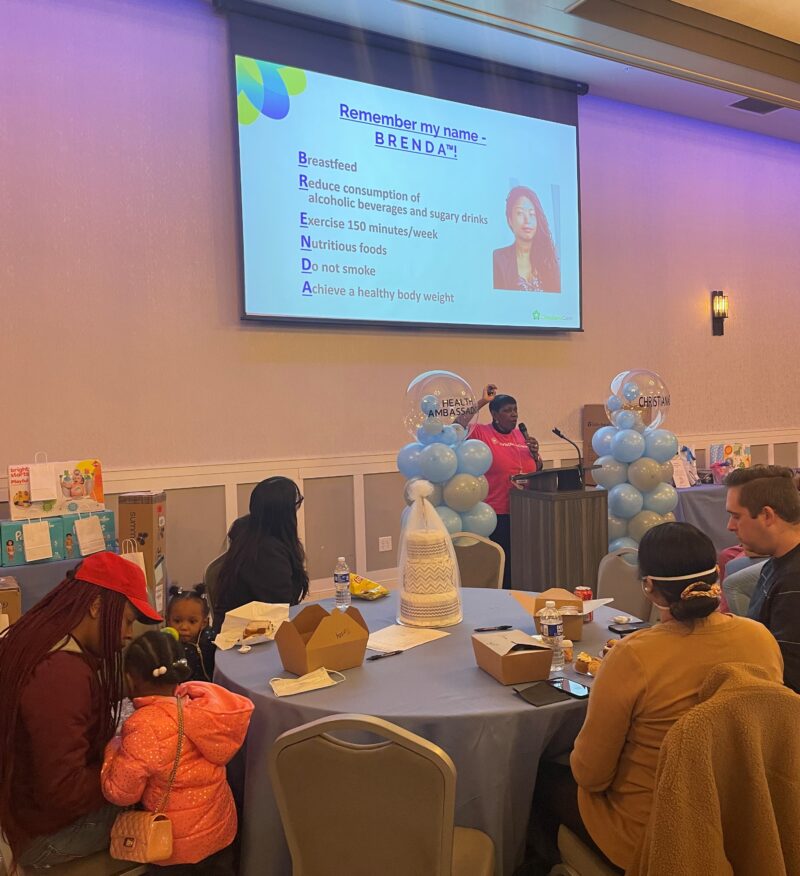
One of the ways is by sharing La Historia de María (Story of Maria) at community events specifically designed for the Hispanic/Latinx community. This year’s events included the Wilmington Hispanic Festival and Parade, a Day of the Dead community outreach event and a Community Baby Shower.
Maria is not a real person, but her story is one that can help real women at all stages of life reduce their risks for triple negative and other types of breast cancer.
Maria’s story was “trans-created” from the original Story of BRENDA, a mnemonic or easy way to remember six essential steps to reduce the risk for breast cancer.
- Breastfeed.
- Reduce alcohol and sugar.
- Exercise 2½ hours a week.
- Nutritious foods.
- Do not smoke.
- Achieve a healthy body weight.
“We had to go beyond just translating our health information materials from English into Spanish,” said Luisa Ortiz-Marquez. She is a Spanish-speaking promotora (health promotor) who helps people access health screening, preventive care and chronic disease management through ChristianaCare’s Healthy Latin Families Program.
“There is more than one strategy to spread the word about breast cancer,” she said. “That includes speaking with our communities in ways they can trust in and relate to from their own unique cultural perspectives.”
“Don’t let fear keep you from finding cancer as early as possible. Go get screened. It can save your life.”
— Landy Prieto Mora
“When I found that lump in my breast, Luisa was one of the first people I called,” Mora said.
As manager of the Healthy Latin Families and Promotoras programs, Ortiz-Marquez helped Mora navigate the path to her timely diagnosis and subsequent treatment. She and Laura both work as community educators and care navigators for women in the community.
“Now, I tell all my family and friends, ‘Go get screened. Learn about cancer prevention,’” Mora said. “’Don’t let fear keep you from finding cancer as early as possible. It can save your life.’”
Although Hispanic women in Delaware may be less likely than non-Hispanic white women to access appropriate and timely breast cancer care, intervention programs like the Story of María and others offered by ChristianaCare’s Community Outreach and Education program are making a difference.
“We recognize that the communities we serve are rich in diversity and cultural differences,” said Nora Katurakes, MSN, RN, OCN, manager of Community Health Outreach and Education at the Graham Cancer Center.
“We continue to tailor this knowledge through outreach programs that engage more meaningfully and more broadly with people of all backgrounds who are burdened by limited access to health care.”
